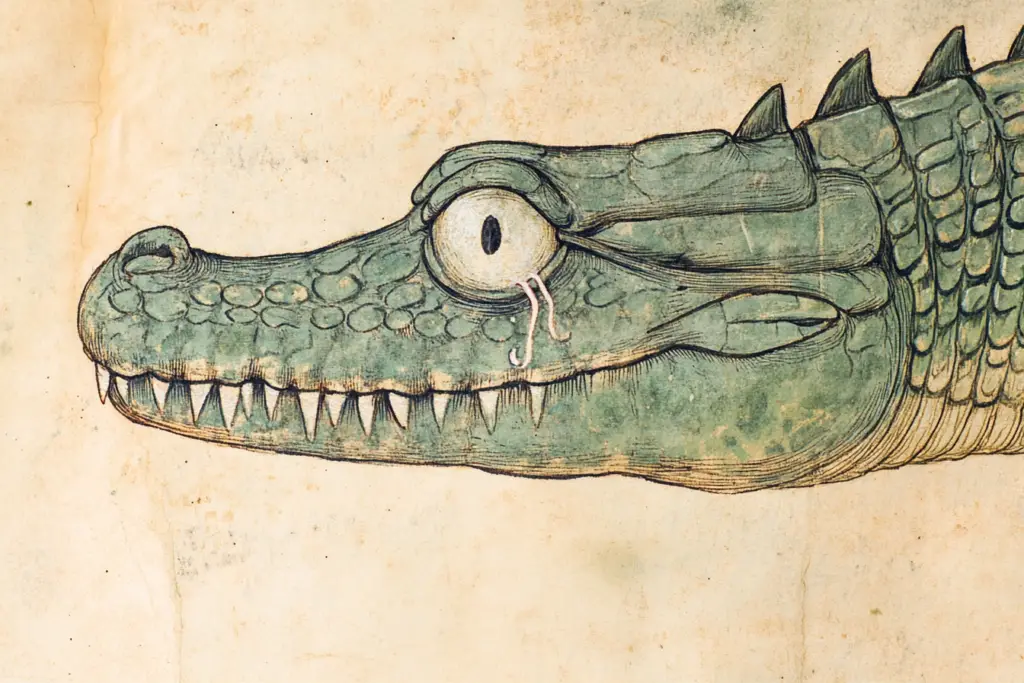Ever wonder why we talk about “spilling the beans” when someone reveals a secret? Or why a particularly stubborn person might be called a “diehard”? The English language is filled with colorful expressions that we use daily without knowing their fascinating – and sometimes dark – origins. From naval battles to ancient voting practices, these common phrases carry centuries of history in their words.
Ancient democracy gave us modern secrets

Next time someone accuses you of “spilling the beans,” you can thank the ancient Greeks for this common phrase. In their early democratic system, citizens would cast their votes using colored beans – white for yes, black for no. If someone accidentally knocked over the container of beans before counting, they would literally “spill the beans” and reveal the election’s outcome prematurely.
This voting method wasn’t just limited to simple yes-or-no decisions. The Greeks used this system for important civic matters, including selecting officials and deciding on laws. The phrase evolved over centuries to describe any accidental or intentional revelation of secrets.
Naval history shaped our everyday speech
The British Royal Navy’s influence on English expressions runs deeper than many realize. The phrase “feeling under the weather” comes from sick sailors who would seek shelter below deck, away from harsh weather conditions that could worsen their illness.
Perhaps the most famous naval origin story belongs to the phrase “turn a blind eye.” During the 1801 Battle of Copenhagen, Admiral Horatio Nelson famously ignored a direct order to retreat by lifting his telescope to his blind eye, claiming he couldn’t see the signal. The phrase now represents willfully ignoring uncomfortable facts or situations.
Medieval observations inspire modern expressions

When we describe someone as showing “crocodile tears,” we’re drawing from medieval travel writings. In the 14th century, Sir John Mandeville documented the belief that crocodiles would weep while consuming their prey. While we now know crocodiles do produce tears to lubricate their eyes, the medieval interpretation gave us this enduring phrase for false displays of emotion.
Dark origins of everyday phrases
Some common expressions have surprisingly grim origins. The term “diehard” originally described condemned prisoners who struggled longest during hangings. This macabre term later became associated with the British army’s 57th Regiment of Foot, who suffered massive casualties while maintaining their position during the 1811 Battle of Albuera.
What if these dark origins were lost to time? Many of our everyday expressions might have completely different meanings today. Modern phrases continue to evolve, with new technological and cultural references constantly entering our vocabulary.
Royal gifts and ancient achievements

The term “white elephant” – meaning an expensive, troublesome possession – originated from Siamese kings who would gift rare white elephants to courtiers they disliked. While appearing to be an honor, maintaining these sacred animals would financially ruin the recipient.
Meanwhile, “resting on your laurels” references ancient Greek and Roman traditions where victors received laurel wreaths. The phrase now criticizes those who rely too heavily on past achievements rather than seeking new challenges.
These fascinating origins remind us that language is a living record of human history, preserving centuries of culture, conflict, and creativity in the words we speak every day. From ancient democracies to medieval beliefs, our common sayings carry forward the stories of countless generations, even as their original meanings fade into history.

